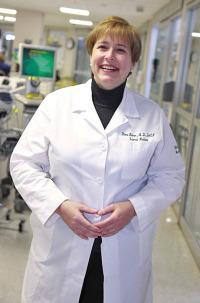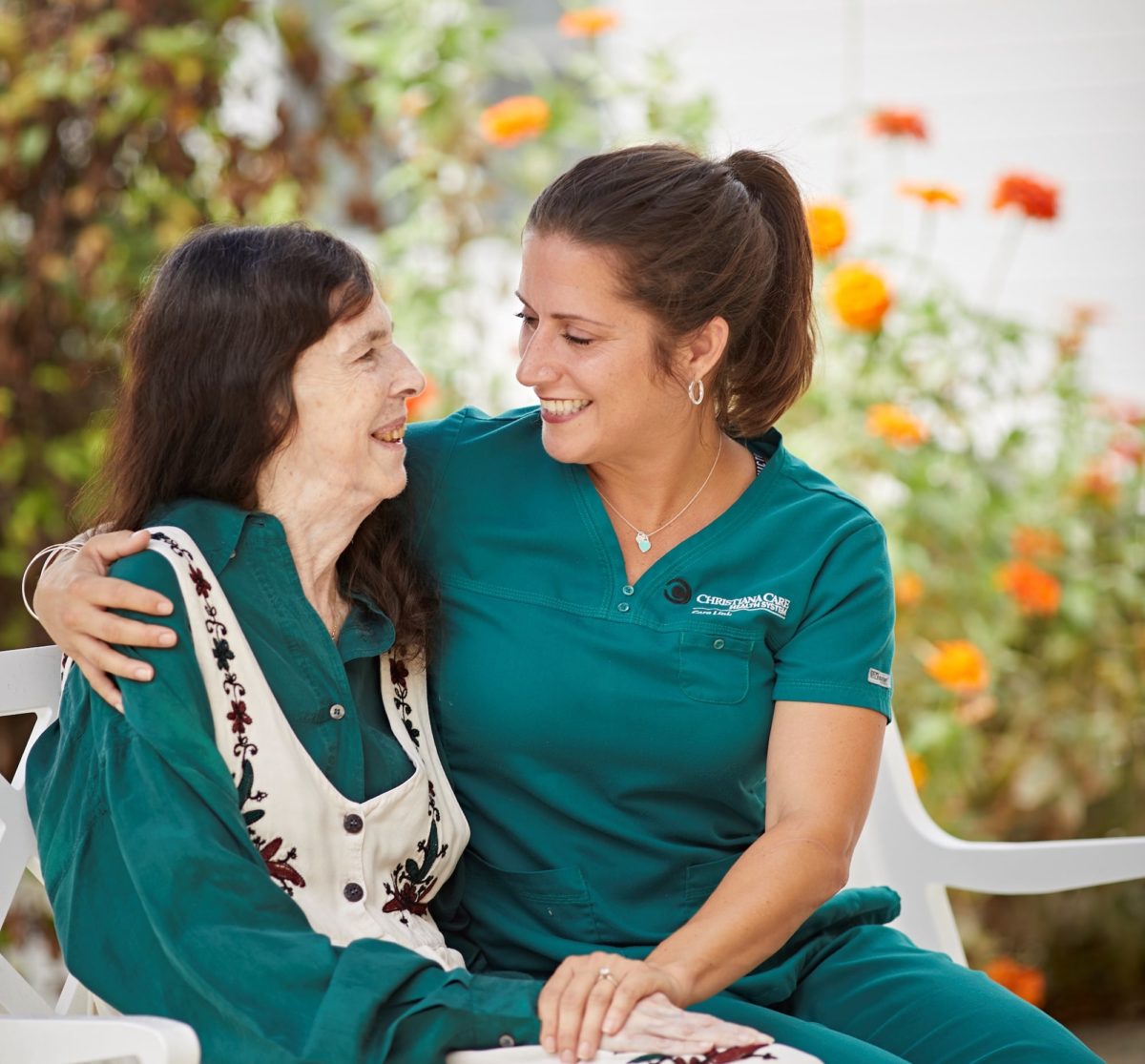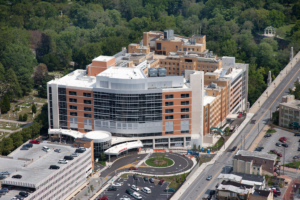For Carolyn Gover, life had become a series of overwhelming challenges. In January 2015, her husband died suddenly. Soon after, she was diagnosed with breast cancer. Then she fell and broke her hip.
“It was one nightmare after another,” said Gover, 76, a retired psychologist. Her financial health suffered, too. She was about to lose her home in Rehoboth Beach to foreclosure. “I had to find another place to live.”
Gover couldn’t handle things on her own. She received help when her needs were identified by Christiana Care’s care coordination community team — doctors, pharmacists, nurse care coordinators and social workers who focus on eligible patients who have complex behavioral, medical and social health issues and are in the top 1–5 percent of risk.

“Most of the drivers of the quality of health are social factors,” said Diane Bohner, M.D., medical director of the team. “Someone can’t sleep because he doesn’t have a bed. Someone doesn’t go to the doctor because she doesn’t have transportation.”
Christiana Care’s care coordination team takes the disease management program a step further by meeting patients’ comprehensive medical, psychosocial and environmental needs.
Gover was connected with Michelle Rowland, LCSW, a social worker in the team’s statewide system. Rowland visits people at home, where she forges a relationship and identifies ways to help. That includes Medicaid, Meals on Wheels, transportation, a home nurse, a case manager to monitor care or a home health aide. She educates patients about resources they might not be aware of, such as food banks.
Gover was two weeks away from losing her home when Rowland visited. The deadline to complete her application for Medicaid benefits — the key to getting into a nursing home — was days away. Her care coordination team helped to gather bank statements, Social Security records, medical records and other documentation.
Gover now resides at a nursing home in Millsboro and has an on-site primary care provider.
“I have a nice room with a view of the courtyard,” she said. “I don’t have to worry anymore.”
The community care coordination team is also making an impact through embedded social workers at St. Patrick’s Center in Wilmington’s poorest neighborhood. There they connect homeless seniors and other vulnerable people with resources to help them be as healthy as possible.
The program is having an impact. It has reduced Emergency Department use by 35 percent after 30 days, and 33 percent after 60 days. Days in the hospital declined 22 percent after both 30 days and 60 days for patients engaged through the program. A year after the program launched, days in the hospital were down 26 percent. The team has worked with 877 patients, delivering an estimated $1.03 million savings in health care costs.



